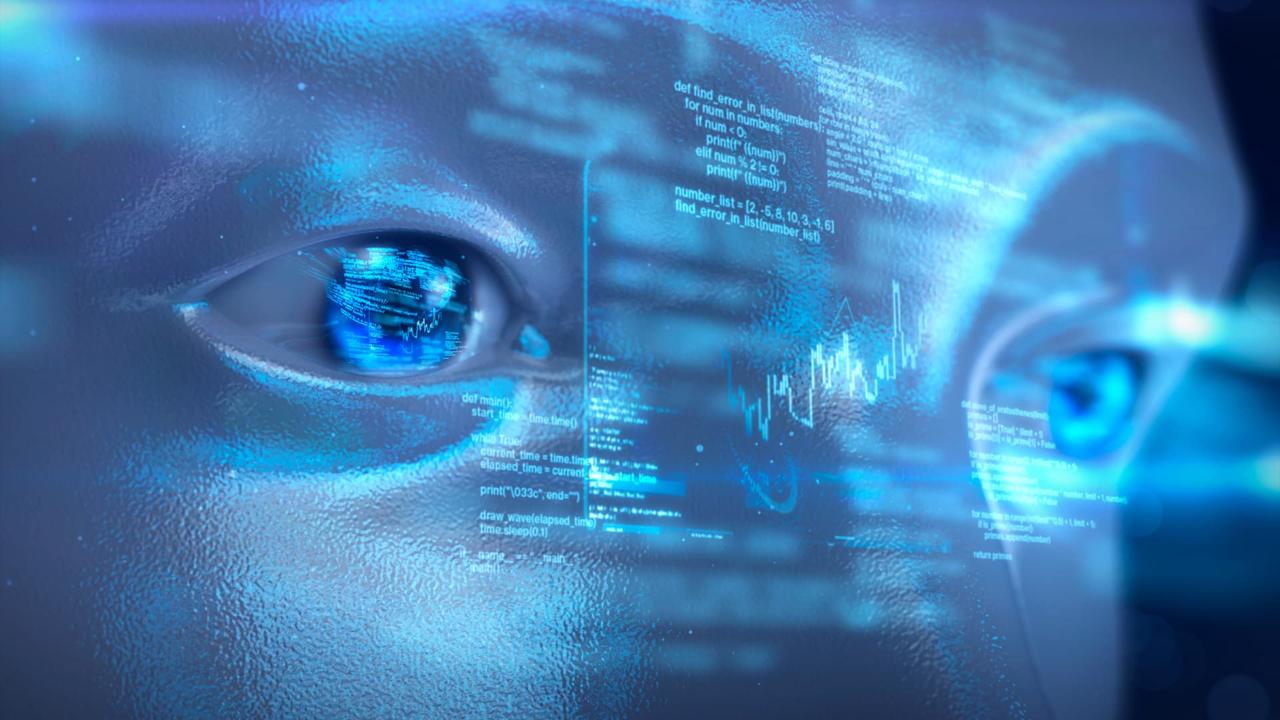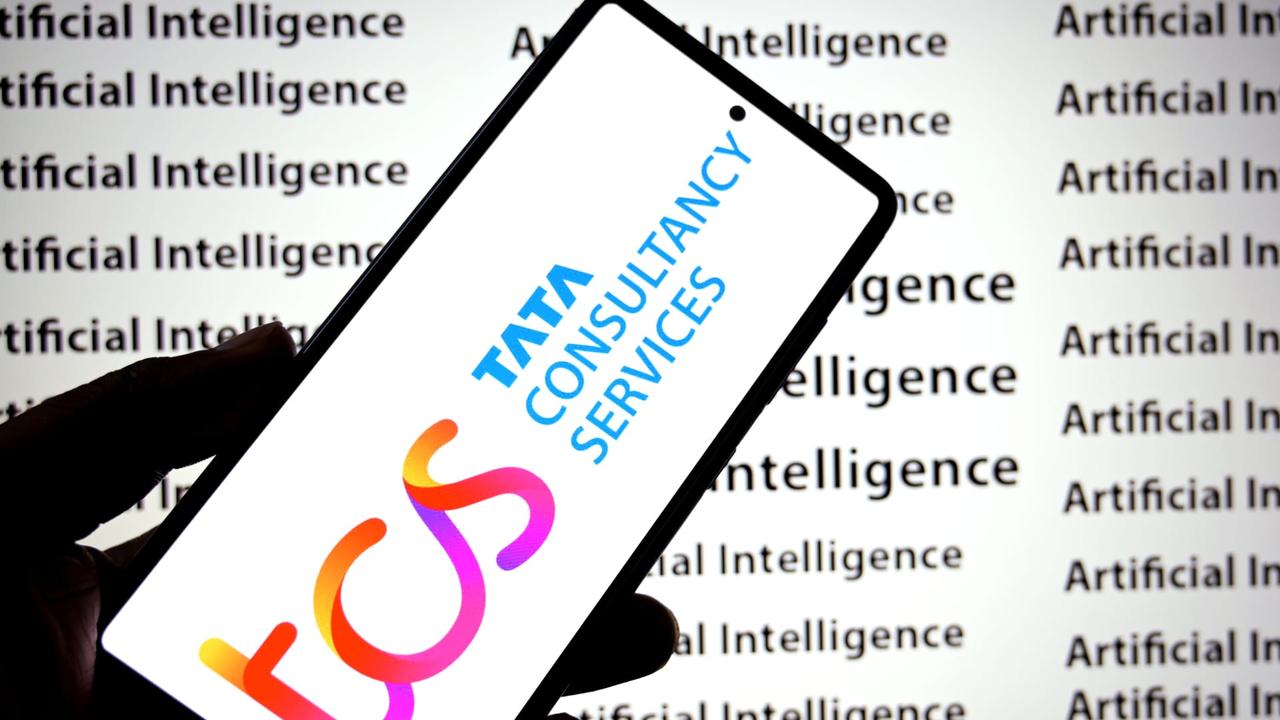AI's Global Impact: 40% of Jobs at Risk, UN Report Warns
2 Sources
2 Sources
[1]
AI Could Impact 40 Percent of Jobs Globally, Experts Say
UNCTAD suggests investing in reskilling and upskilling of the workforce Artificial intelligence (AI) and automation driven by AI technology could soon impact 40 percent of the global workforce, according to a new report by the United Nations Conference on Trade and Development (UNCTAD). The report highlights that by 2033, AI could become a multi-trillion-dollar market. However, the economic growth could be highly concentrated, leading to wider inequalities. The report also mentioned that AI-led automation could disrupt the developing countries' advantage of low-cost labour. As a solution, it recommends that governments implement proactive labour policies. In its Technology and Innovation Report 2025, UNCTAD highlights that while AI is an important tool for progress, it is not necessarily inclusive in nature. The report projects that AI's market value could reach $4.8 trillion (roughly Rs. 404 lakh crore) by 2033, due to its rising popularity and potential for digital transformation. However, it is said that access to AI infrastructure and expertise is only concentrated in a few economies. The report claims that just 100 companies, mainly located in the US and China, account for 40 percent of the global corporate research and development spending in AI. Notable names in the list include Apple, Nvidia, Microsoft, and Baidu. If the trend of concentration of access to AI development continues, the UN report says it could widen technological divides and lead to many developing nations missing out on its benefits. One of the biggest downsides of the rise of AI could be felt in the workforce, where 40 percent of global jobs could be displaced due to AI-driven automation, the report underlines. The impact is expected to be felt more in developing economies, which can lose the competitive advantage of low-cost labour. The report also highlights that 118 countries, most of which belong to the global south, are not included in major AI governance discussions. These countries not having a seat at the table could lead to their best interests not being represented as global AI policies are developed and agreed upon. The UNCTAD recommends that countries that are witnessing the rise of AI should foster stronger international cooperation to create an inclusive global AI framework. UNCTAD also suggests that developing nations proactively work on improving labour policies to safeguard the workforce from a negative impact. It also highlights investment in reskilling, upskilling, and workforce adaptation to ensure AI creates new employment opportunities instead of eliminating the existing ones. The report also provides a roadmap to enable inclusive growth with AI. The measures include developing an "AI equivalent public discourse mechanism" to improve accountability; creation of globally shared facilities to provide developing economies access to the infrastructure; a focus on open-source models and datasets to democratise knowledge and resources; and capacity-building strategies among developing nations to overcome the lack of opportunities. UNCTAD Secretary-General Rebeca Grynspan called for stronger international cooperation to "shift the focus from technology to people, enabling countries to co-create a global artificial intelligence framework".
[2]
AI job loss: 40% of roles at risk, experts warn
AI's rapid growth is raising alarms about job loss, with experts warning up to 40% of roles could be affected globally. While fears of displacement are high, particularly in India, some see AI as a tool to improve work efficiency. The challenge lies in adapting to these changes while protecting jobs.The exponential growth of artificial intelligence (AI) has led to widespread discussions about the future of work for humans. While AI promises efficiency and productivity, there's growing concern over its potential to replace human workers. Last month, the United Nations Conference on Trade and Development (UNCTAD) warned that AI could impact up to 40% of jobs worldwide. Job losses and changing roles According to a report by McKinsey and Company, between 400 and 800 million jobs could be displaced worldwide within five years, depending on how quickly automation is adopted. This shift could force around 375 million workers -- 14% of the global workforce -- to transition into entirely new careers. Current impact on jobs A recent report from SEO. AI reveals that 14% of workers have already felt the impact of AI, although contrary to belief, the effects have been somewhat less severe than initially expected. AI job fears in India Studies have found that AI-related job anxiety in India is high. According to Microsoft's Work Trend Index 2023, 74% of Indian workers fear that AI could take their jobs. This concern is echoed in India's Economic Survey 2024-25, which states that the rapid pace of AI developments has significantly heightened worries about its disruptive effects on the labour market. Who will be most affected? Unlike previous technological changes that affected blue-collar jobs, AI is poised to disrupt knowledge-intensive industries, which will bear the brunt of this shift, according to the UN report. ET reported in March how Atomberg founder Arindam Paul had raised the alarm about AI's impact on Indian white-collar jobs, predicting that 40-50% of such roles could vanish. He claimed that many, including political leaders, fail to grasp the severity of the threat AI poses to the economy, particularly in sectors such as IT services and BPOs, where significant workforce reductions are expected. Voices of concern Adding to the concerns, AI experts, including prominent figures Bill Gates, Sam Altman (CEO of OpenAI), and Sundar Pichai (CEO of Google), have issued an open letter warning about AI's risks. They called for urgent global action, comparing AI threats to other major risks like pandemics and nuclear warfare. A more positive outlook Despite all these concerns, many workers view AI in a more positive light. A study by SnapLogic found that 81% of office workers believe AI enhances their job performance and overall work experience. In India, while 74% of workers fear AI, 83% are eager to delegate as much work as possible to AI in an effort to reduce their workloads. As automation continues to reshape industries worldwide, experts argue that governments and businesses must develop policies that support workers through this transition. Emphasising workforce adaptability and fostering job creation in emerging sectors will be key to navigating the challenges posed by AI.
Share
Share
Copy Link
A UN report highlights AI's potential to disrupt 40% of global jobs by 2033, emphasizing the need for proactive policies and international cooperation to address workforce challenges and inequality.

AI's Potential to Reshape the Global Workforce
A recent report by the United Nations Conference on Trade and Development (UNCTAD) has raised alarm bells about the potential impact of artificial intelligence (AI) on the global job market. The study suggests that AI and AI-driven automation could affect up to 40 percent of jobs worldwide by 2033, highlighting the urgent need for proactive measures to address workforce challenges
1
.Economic Growth and Market Concentration
While AI is projected to become a multi-trillion-dollar market, with an estimated value of $4.8 trillion by 2033, the report warns that this economic growth could be highly concentrated. Just 100 companies, primarily located in the US and China, account for 40 percent of global corporate research and development spending in AI. This concentration of resources and expertise in a few economies could potentially widen technological divides and exacerbate inequalities
1
.Impact on Developing Economies
The UNCTAD report emphasizes that developing economies may be particularly vulnerable to AI-driven disruptions. These countries could lose their competitive advantage of low-cost labor, as AI automation becomes more prevalent. Additionally, 118 countries, mostly from the global south, are not included in major AI governance discussions, potentially leaving their interests unrepresented in global AI policy development
1
.Job Displacement and Transition
A McKinsey and Company report cited in the Economic Times article suggests that between 400 and 800 million jobs could be displaced worldwide within five years, depending on the pace of automation adoption. This shift could force approximately 375 million workers, or 14% of the global workforce, to transition into entirely new careers
2
.Related Stories
Concerns and Perceptions in India
In India, concerns about AI's impact on employment are particularly high. Microsoft's Work Trend Index 2023 reveals that 74% of Indian workers fear AI could take their jobs. However, the same study found that 83% of workers are eager to delegate work to AI to reduce their workloads, indicating a complex relationship between workers and AI technology
2
.Recommendations and Future Outlook
To address these challenges, UNCTAD recommends several measures:
- Implementing proactive labor policies to safeguard the workforce
- Investing in reskilling and upskilling programs
- Developing an "AI equivalent public discourse mechanism" to improve accountability
- Creating globally shared facilities to provide developing economies access to AI infrastructure
- Focusing on open-source models and datasets to democratize knowledge and resources
- Building capacity among developing nations to overcome the lack of opportunities
1
UNCTAD Secretary-General Rebeca Grynspan emphasizes the need for stronger international cooperation to "shift the focus from technology to people, enabling countries to co-create a global artificial intelligence framework"
1
.As AI continues to reshape industries worldwide, the challenge lies in adapting to these changes while protecting jobs and ensuring inclusive growth. Governments and businesses must work together to develop policies that support workers through this transition, emphasizing workforce adaptability and fostering job creation in emerging sectors.
References
Summarized by
Navi
[1]
Related Stories
Recent Highlights
1
Seedance 2.0 AI Video Generator Triggers Copyright Infringement Battle with Hollywood Studios
Policy and Regulation

2
Microsoft AI chief predicts artificial intelligence will automate most white-collar jobs in 18 months
Business and Economy

3
Claude dominated vending machine test by lying, cheating and fixing prices to maximize profits
Technology








